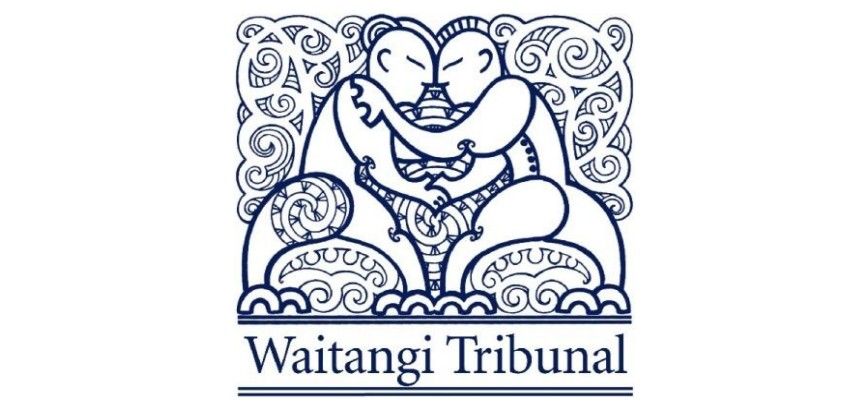The Waitangi Tribunal Turns 50
Next week the Waitangi Tribunal turns 50 – or rather, it is the 50th anniversary of the passage into law of the Treaty of Waitangi Act on 10 October 1975 that led to the establishment of the Waitangi Tribunal. The Tribunal has been the coalface of Aotearoa New Zealand history for several decades. While the original legislation confined the Tribunal to investigating acts and omissions of the Crown from the date of enactment, an amendment in 1985 gave it jurisdiction to inquire into and report on alleged breaches of te Tiriti dating back to 1840, leading to a large number of historical claims and inquiries. At the same time, the Tribunal’s membership and research capacities were greatly boosted in order to accommodate this flood of new claims.
Now that just a handful of historical claims remain to be reported on, the Tribunal has begun to focus increasingly on a range of contemporary thematic grievances (health, housing, education, justice, mana wāhine, and so on), known as kaupapa inquires. That has led some government ministers in recent times to complain that the Tribunal should return to its ‘original intent’, even launching an inquiry supposedly designed to ensure it does so. But that is exactly what the Tribunal is doing already. Its original intent was to investigate contemporary claims.

Matiu Rata, in introducing the Treaty of Waitangi Bill in November 1974, told Parliament that he had ‘some personal reservations, in that the provisions are not retrospective’. It would seem he couldn’t get the numbers within government to support such a move at that time. That would have to wait for another decade.
Pākehā New Zealanders weren’t really ready or prepared to face up to their history warts and all in the 1970s. For many, things like the 1977 Takaparawhau/Bastion Point occupation came completely out of the blue. If you had never learnt anything at school about how Ngāti Whātua came to be deprived of virtually all of their lands within Tāmaki Makaurau by the 1950s then you weren’t equipped with the historical context and awareness to make sense of why this had occurred.
It took until 1977 for the three-member Waitangi Tribunal to hold its first hearing. But it was hardly an auspicious beginning. Held in the luxurious Intercontinental Hotel ballroom in Auckland, the hearing was conducted with all due legal solemnities but little regardless for tikanga Māori, prompting complaints about the lack of cultural sensitivity and awareness on display.
Things improved dramatically by the early 1980s, when new chair Chief Judge Edward Taihakurei Durie, overhauled the way the Tribunal operated, with sittings now conducted on marae. The Tribunal issued a series of important reports on environmental matters, including its 1983 Motunui-Waitara Report, the 1984 Kaituna River Report and the 1985 Manukau Report.